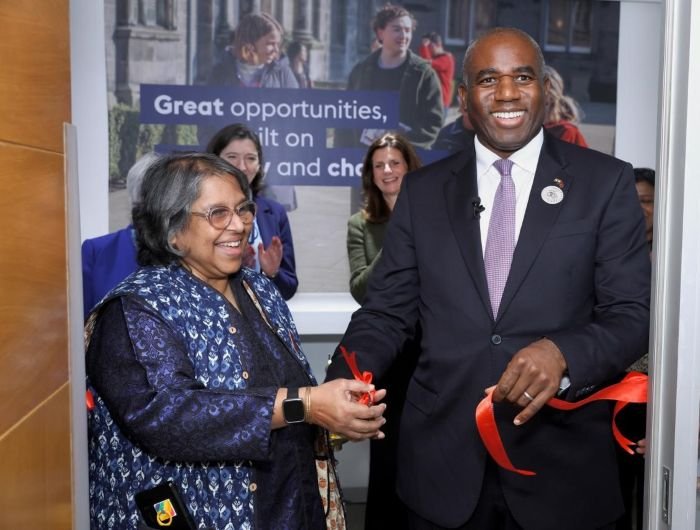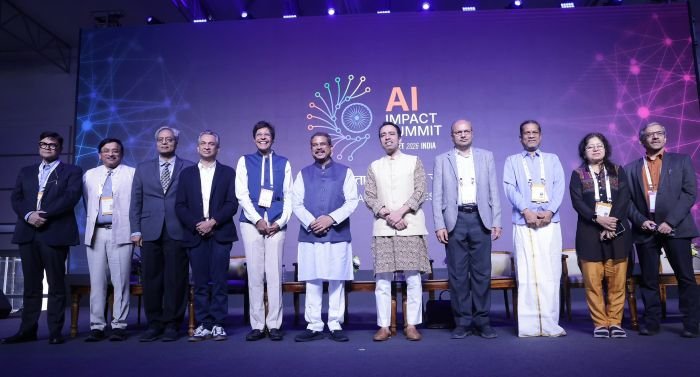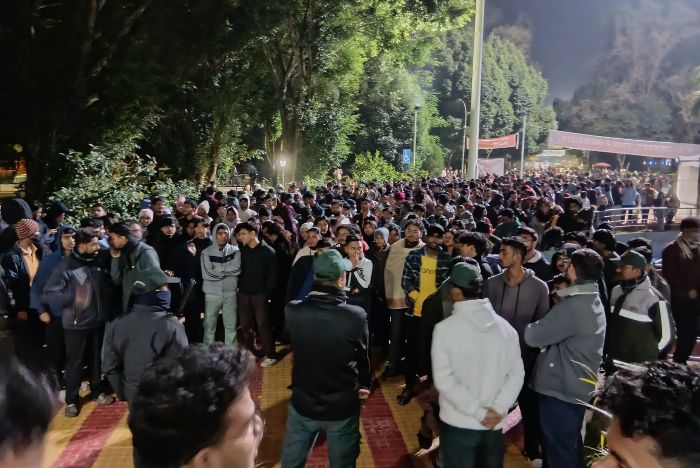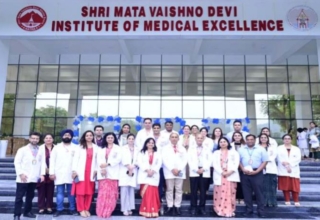
This year’s International Children’s Day (November 20) also marks 30 years of the UN General Assembly adopting the Convention on this day in 1989. Subsequently, it came into force on 2 September 1990 and currently, 196 countries are party to it except the United States.
Leave alone the global scene and statistics for a moment, the progress made by our own country in granting rights to children in real sense is nothing to feel home about. Ravi Prakash Verma, perhaps the most child-friendly parliamentarian of India, has understood it well. He calls it a reflection of an ad hoc mindset without being a national priority. There are long term implications of neglect children for society and nation.
The non-inclusion of relevant curriculum for school children and treating education departments more as education logistic departments besides grant-based allocations first under SSA and now Samagra Shiksha Scheme (SSS), means school education is not addressed as an organic force multiplier for empowerment of children. According to Verma, why shouldn’t there be a mandatory complete school as there is for instance a police station or a tehsil buildings. “Why subject school infra to piecemeal approach and availability of grants?”
Why is country taking time to address the issue of child trafficking and crime through education (includes vocational education & training) framework by not extending Right to Education till 18 years? Ditto for Midday Meal Scheme. Study after study has shown that child marriages early marriages of girls is done in countryside largely to save girls from trafficking. In absence of a safety gird and on-ground standard operating procedure for child safety, parents don’t have confidence to send girls to school beyond an age, which is creating to huge pool of dropouts with nowhere to go.
In the same breath, child labor, can’t be just wished away through a legislation or an order. The family economy and living needs a consideration. Malnutrition, poverty and need to earn a livelihood –combine, is depriving millions of children their childhood.
For the children who don’t have this difficulty, they have been traumatized a different way. Other than academics, their other forms of expression and natural growth have been severely curtailed by a general unwritten discouragement of sports and art. All school education has been held ransom to class XII examination, and unfortunately as a country we have not stood with our children.
Though all this is well known, there are some not so well-known things like school sector nursing a deep-rooted divide and even a big agenda. If inadequate classrooms and teachers has its own market dynamics, casteism and other social divides play their spoils. Religious and minority run schools, which are exempt from Right to Education, are spreading the lure to convert people perhaps with ‘good school’ publicity and other allurements.
If India has to improve its future human capital, then it has to address the issues of silently suffocating children and become child-friendly wholeheartedly than just lip service and just for the sake of record and numbers.



